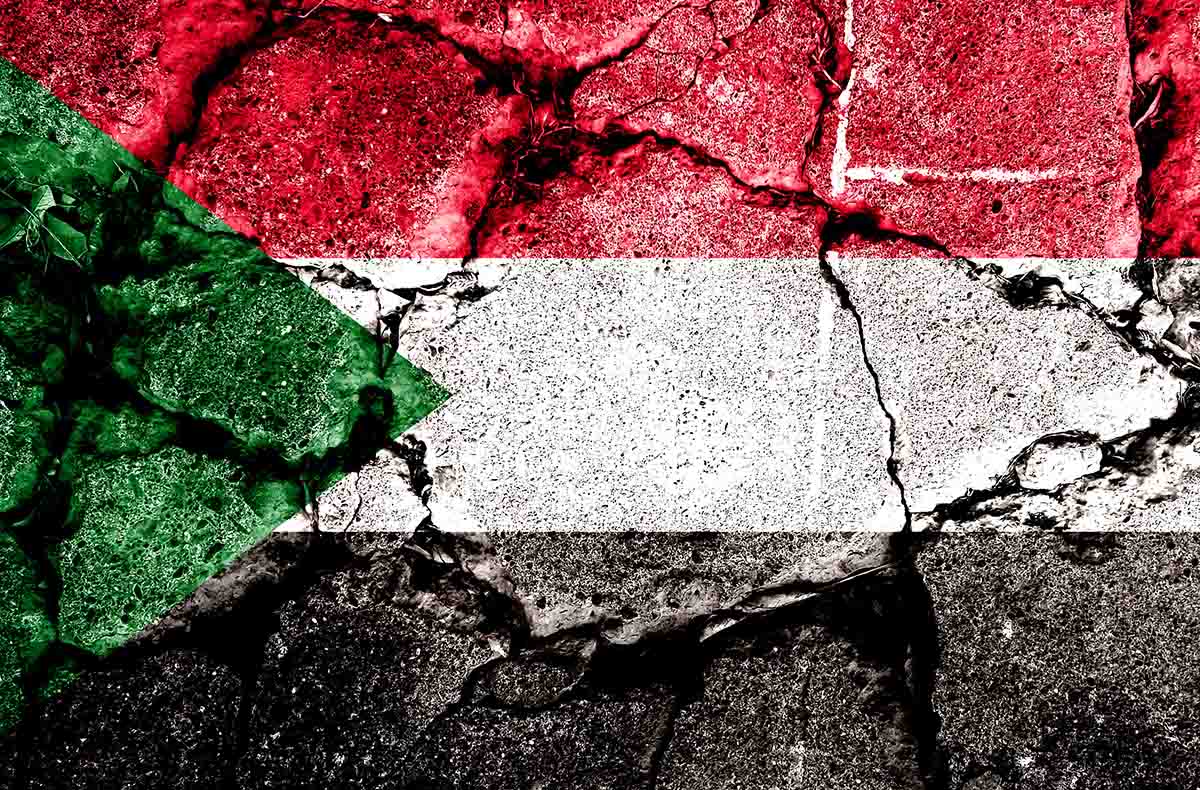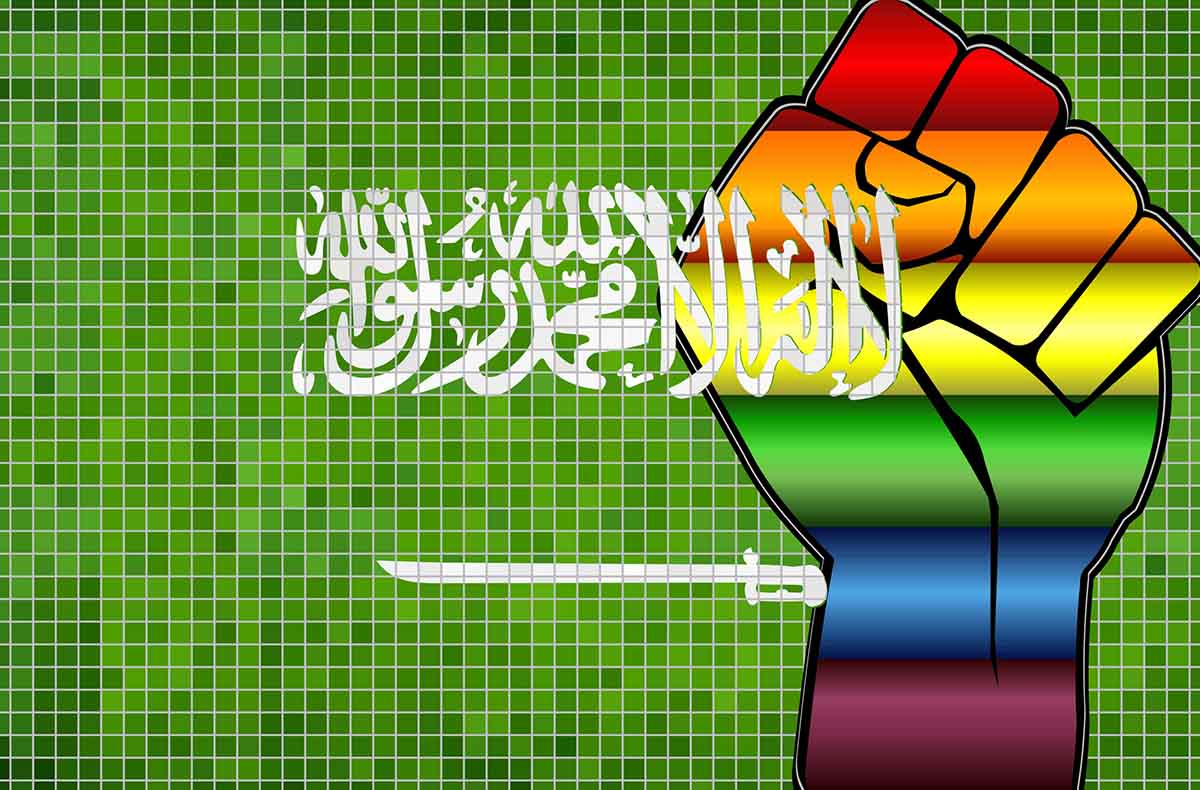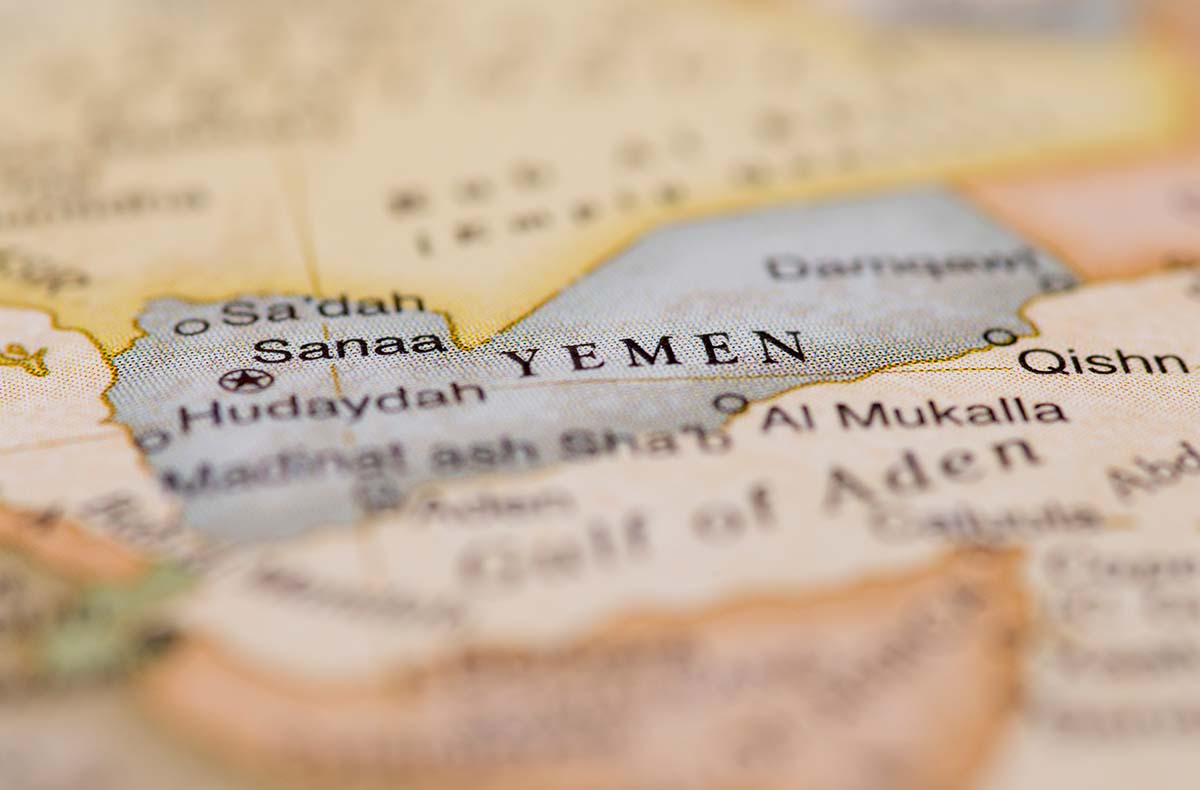
By the time a 72-hour ceasefire was agreed to last week, more than 500 people had already been killed and in excess of a quarter of a million rendered homeless in the conflict in Sudan. Long-time partners in war crime, General Abdel Fattah al-Burhan and General Mohamed Hamdan Dagalo have pitted their forces against each other to wrestle over control of the country after failing to agree a collaborative arrangement to mutually reap the benefits of their collective usurpation. While Burhan’s Sudanese Armed Forces and Dagalo’s Rapid Support Forces undertake the violence that now commands global attention, the fault lines that they’re looking to exploit are decades—and in some instances centuries—old.
Sudan’s army seized power in a 2021 coup, two years after removing Omar al-Bashir, the autocrat who ruled the country for 30 years. In those three decades, Bashir spearheaded gruesome brutalities in two wars. One culminated in the independence of South Sudan in 2011. The other, in the western region of Darfur, resulted in 300,000 killed, millions displaced and innumerable crimes against humanity. Bloodshed was halted by a 2020 peace agreement, but the volatility continued even before violence erupted in Khartoum. It is in Darfur that the roots of the most recent Sudan conflict can be traced.
“The whole country is Darfur” was a popular chant in demonstrations against the Bashir regime and has continued to echo in protests to allude to how the bloodshed perpetrated in that region has spilled over the rest of the nation. Darfur has undergone ethnic cleansing and genocide against the non-Arab population conducted by Arab militias, such as Janjaweed. Many locals have also accused Sudan of systematic apartheid against non-Arab minorities in the region, such as the Fur, Masalit and Zaghawa. Burhan, as the army commander in Darfur, and Dagalo who led the Janjaweed, were integral figures in the Bashir regime’s massacres of locals.
Sudan’s history of Arabization is rooted in 14 centuries of Islamic imperialism. The Arab conquests in the region, beginning in the seventh century, rapidly Arabized and Islamized North Africa. In 652, the Numbian Kingdom of Makuria, which had undergone Christian conversion while under the Byzantine empire in the previous century, thwarted the attempt by Arab armies to expand southwards.
Arab leaders signed the Baqt treaty with the Nubians to trade Black slaves in exchange for grains and spices. This formalized the Arabcentric ethnic order and, in turn, the separation of the region from Islamic Egypt, creating Bilad al-Sudan—“Land of the Black People.”
Byzantine, Greek and Arab cultures initially merged with Sudan’s syncretic African traditions and tribal customs, but little more than a millennium after the first Muslim foray into the region, it transformed into an Islamic realm, beginning with the foundation of the 16th century Ottoman-aligned Sultanate of Sennar. In 1820, Egyptian Khedive, Muhammad Ali Pasha, aiming to increase the supply of slaves to facilitate territorial expansion, undertook an expedition to complete the Ottoman control over Sudan. Egyptian, and then British, colonial rule arbitrarily delineated the boundaries of the Republic of the Sudan, which became an independent state in 1956.
The centuries-old rule of the Arab elite in Khartoum continued after independence and although ethnic, religious and economic ruptures led to a succession of coups, by the time Bashir usurped power in 1989, both internal and regional dynamics made the ground ripe for radical Islamization.
The National Islamic Front, led by Hassan al-Turabi, provided the ideological arsenal for Bashir’s military rule, officially declaring Sudan an Islamic state and fortifying the imposition of Sharia, which had been formally introduced under Jaafar Nimeiry in 1983 as part of Turabi’s push for enforcement of Islamic law. Indigenous cultures and dissenting beliefs were being erased, despite political fractures within Islamist groups. This was the final straw for the southern region, where the people predominantly adhered to traditional African religions and Christianity. They fought for separation and the creation of South Sudan.
The new nation became an independent state after six decades of brutalities and two full-blown civil wars in South Sudan. The gory playbook has continued to be repeated in Darfur over the past decade and the government has used chemical weapons.
The latest conflict has rekindled violence in the region. This latest spate of bloodshed has only reaffirmed that it is supremacist, bigoted narratives that need to be eradicated in order to bring Sudan out of its repeated cycles of turmoil.
Sudan remains institutionally racist, with Black people widely addressed as “slaves.” Islamist hegemony is maintained through grotesque Sharia penalties and the empowerment of the Islamic morality police. Islamist groups and leaders have facilitated war crimes by invoking Islamic theology. Despite the attempted overturning of Sharia punishments in 2020 for crimes of conscience, such as apostasy, Islamist inertia prevails in Sudan owing to the country’s continued adherence to totalitarian, discriminatory ideals.
Repeated attempts at democratization in Sudan have failed. Arab and Muslim supremacism has bred inequality and facilitated power plays such as those conducted by Burhan and Dagalo. Many local Arabs and Muslims have been victimized, too.
This volatility is also causing groups such as ISIS, al-Qaeda and Boko Haram to see the strategically important Sudan as the next staging-post for the growing jihadist network in Africa. Until Sudan creates a unified, egalitarian national identity, merging its many races, tribes, belief-systems and ideologies, its fault lines will remain explosive enough to facilitate more blood-spattered crises.



